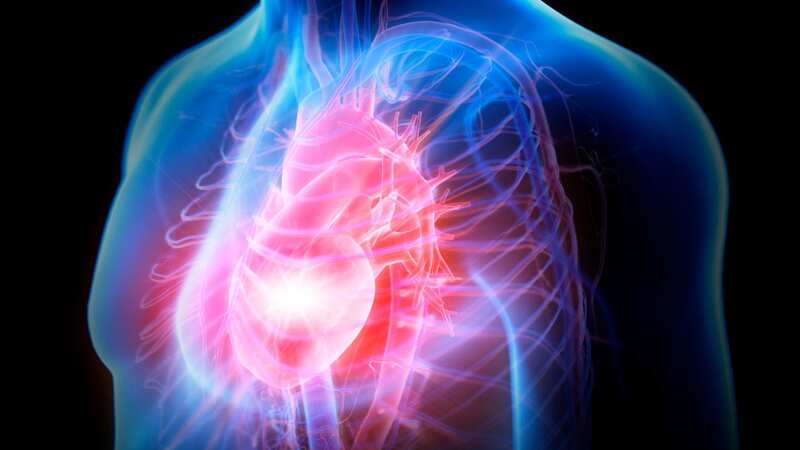

Cambridge University scientists have taken a giant step forward in the treatment of a wide range of inflammatory diseases, including gout, heart failure, cardiomyopathy and atrial fibrillation.
They propose using a cancer drug to overcome the inflammation at the root of many of these diseases.
The researchers identified a molecule that plays a key role in triggering inflammation in the body when harmful materials enter it. But where does this inflammation come from?
The first line of defence against harmful materials in the body is our innate immunity. It triggers an inflammatory response, which aims to attack and destroy perceived threats. But sometimes the response becomes overzealous and harms the body.
One such example of this is gout, which occurs when urate crystals build up in joints, causing excessive inflammation, leading to intense pain.
 Warning as popular food and drink ‘increase risk of cancer death by up to 30%’
Warning as popular food and drink ‘increase risk of cancer death by up to 30%’
Another example is a heart attack, where dead cells build up in the damaged heart – the body sees itself as being under attack and an overly aggressive immune system fights back, causing collateral damage to the heart.
The overreaction is often driven by an inflammasome named NLRP3. Cambridge researchers found a molecule that helps NLRP3 respond called PLK1. This organises tiny components in our cells known as microtubules which transport materials from one part of the cell to another.
So if PLK1 could be inhibited, could inflammatory diseases be controlled? Dr Xuan Li of Cambridge’s Department of Medicine, the study’s senior author, explains: “If we can get in the way of the microtubules as they try to organise themselves, then we can, in effect, slow down the inflammatory response, preventing it from causing collateral damage to the body.
“We believe this could be important in preventing a number of common diseases that can cause pain and disability and, in some cases, can lead to life-threatening complications.”
Indeed when the Cambridge scientists treated mice that had developed inflammatory diseases with a PLK1 inhibitor, it prevented the runaway inflammatory response – and at a much lower dose than would be required for cancer treatment.
In other words, it calmed down NLRP3, preventing the overly aggressive inflammatory response seen in these conditions.
“These drugs have already been through safety trials for cancer – and at higher doses than we think we would need – so we’re optimistic that we can minimise delays in meeting clinical and regulatory milestones,” added Dr Li.
“If we find that the drug is effective for these conditions, we could potentially see new treatments for gout and inflammatory heart diseases – as well as a number of other inflammatory conditions – in the not too distant future.” Great news